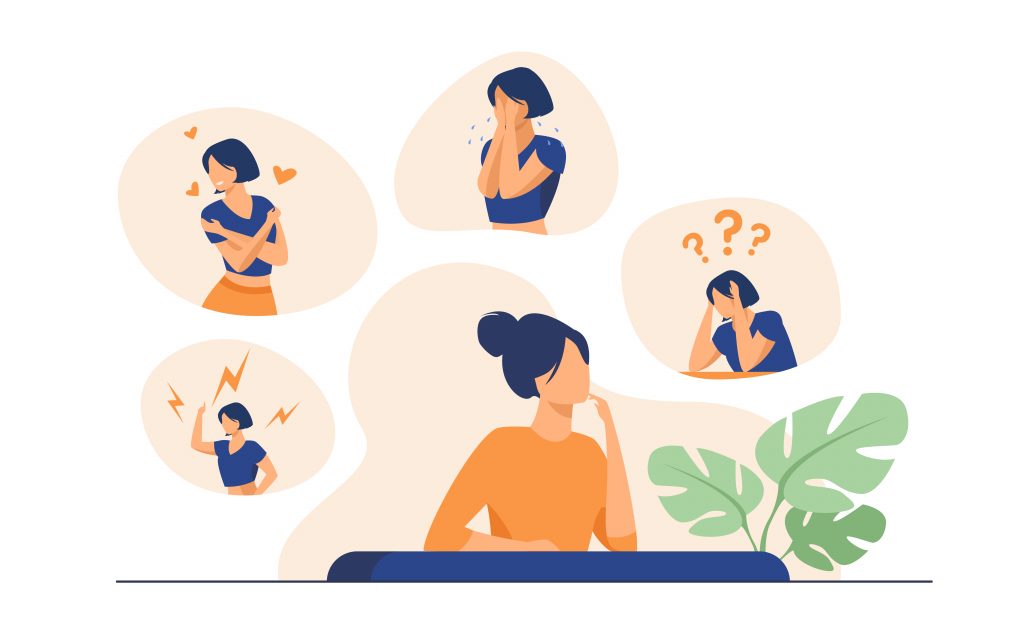Living with Attention Deficit Hyperactivity Disorder ADHD can be challenging, and one of the most common accompanying struggles is anxiety. The constant mental chatter, racing thoughts, and difficulty in maintaining focus can lead to heightened stress levels. While medication is often prescribed to manage ADHD symptoms, many individuals seek natural alternatives to alleviate anxiety. Finding peace of mind with natural ADHD anxiety relief is possible through various approaches that promote mental well-being without unwanted side effects.
Exercise: Regular physical activity is a natural stress reliever. Engaging in activities like yoga, meditation, or simply taking a daily walk can help calm the mind, improve concentration, and reduce anxiety associated with ADHD. Exercise releases endorphins, which are natural mood boosters.

Mindfulness and Meditation: Mindfulness practices, such as meditation and deep breathing exercises, can help individuals with ADHD gain better control over their thoughts and emotions. These techniques encourage staying present in the moment, reducing overthinking and anxiety.
Dietary Changes: Nutrition plays a significant role in managing ADHD symptoms and anxiety. Incorporating a balanced diet rich in Omega-3 fatty acids, vitamins, and minerals can support brain health and reduce anxiety levels. Foods like salmon, walnuts, and leafy greens are known for their positive effects on mental well-being natural supplements for anxiety.
Herbal Supplements: Some herbal supplements have shown promise in alleviating anxiety associated with ADHD. For instance, ginkgo biloba and valerian root are known for their calming effects and may help individuals manage their symptoms naturally. It is important to consult with a healthcare professional before incorporating any supplements into your routine.
Adequate Sleep: Lack of sleep can exacerbate ADHD symptoms and anxiety. Establishing a regular sleep schedule and creating a calming bedtime routine can improve sleep quality, leading to reduced anxiety during the day.
Organization and Planning: ADHD often leads to feelings of overwhelm due to disorganization. Developing effective organizational strategies, such as using calendars, to-do lists, and setting realistic goals, can reduce anxiety by providing a sense of control and structure.
Therapeutic Interventions: Psychotherapy, such as cognitive-behavioral therapy CBT, can be beneficial for individuals with ADHD and anxiety. Therapy helps individuals develop coping strategies, improve self-esteem, and manage anxiety triggers effectively.
Supportive Communities: Joining support groups or online communities for ADHD can provide a sense of belonging and understanding. Sharing experiences and learning from others who face similar challenges can reduce feelings of isolation and anxiety.
Nature and Outdoor Activities: Spending time in nature and engaging in outdoor activities can have a calming effect on the mind. Nature provides a peaceful environment that allows individuals to relax and recharge.
It is important to remember that finding the right combination of natural ADHD anxiety relief methods may require some trial and error. Everyone’s experience with ADHD and anxiety is unique, and what works for one person may not work for another. Consulting with a healthcare professional or therapist is crucial to tailor a plan that suits your specific needs. In conclusion, peace of mind is attainable for individuals with ADHD and anxiety through natural approaches. By incorporating a combination of lifestyle changes, dietary adjustments, and therapeutic interventions, you can reduce anxiety, improve focus, and lead a more fulfilling life while managing your ADHD symptoms naturally.

Recent Comments